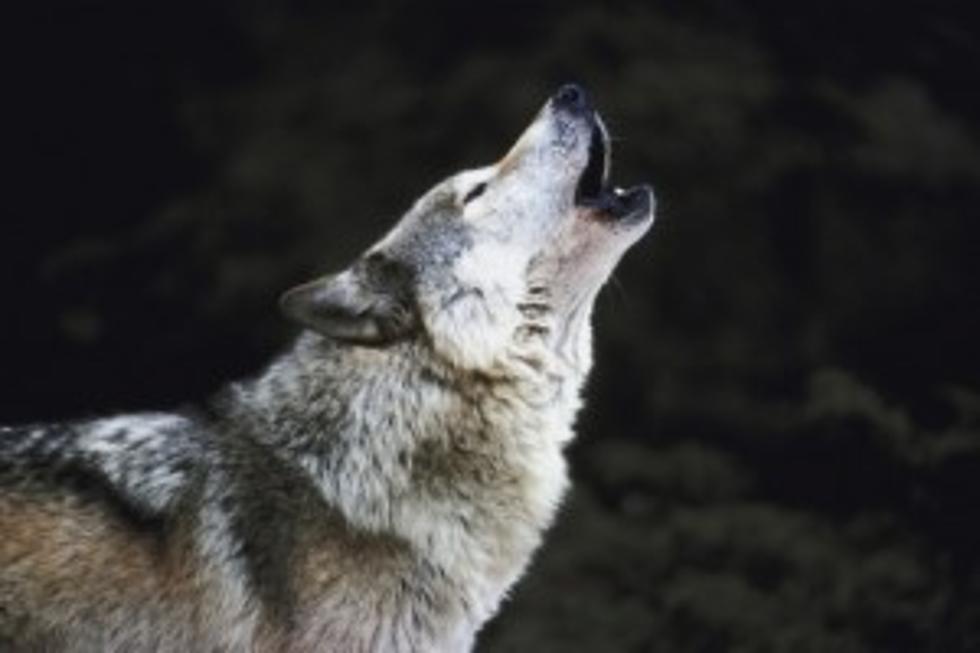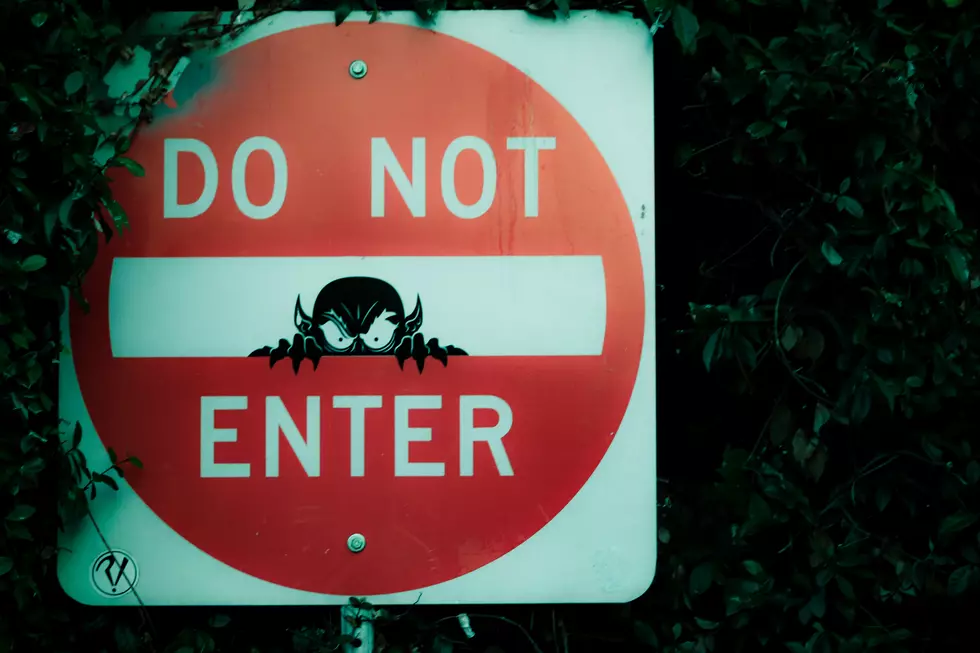
WSU Study Says Wolf Killing Doesn’t Reduce Livestock Deaths
GRANTS PASS, Ore. (AP) — Scientists have found that, contrary to what many people think, killing wolves does not always reduce attacks on livestock.
Researchers at Washington State University found that for every wolf killed in Idaho, Montana and Wyoming over the past 25 years, there was a 5 percent increase in the sheep and cattle killed the next year. Livestock kills only started going down after overall wolf numbers were reduced by more than 25 percent. The study was published Wednesday in the journal PLOS One.
Lead author Rob Wielgus, professor of wildlife ecology, says the reason appears to be that killing the alpha male or female in a pack frees the other wolves to start breeding. And breeding pairs trying to feed pups are more likely to kill livestock than individual wolves.
More From News Radio 1310 KLIX






